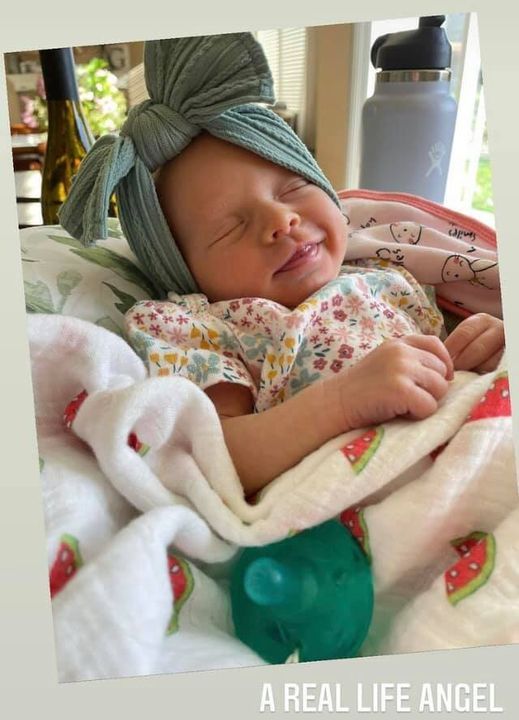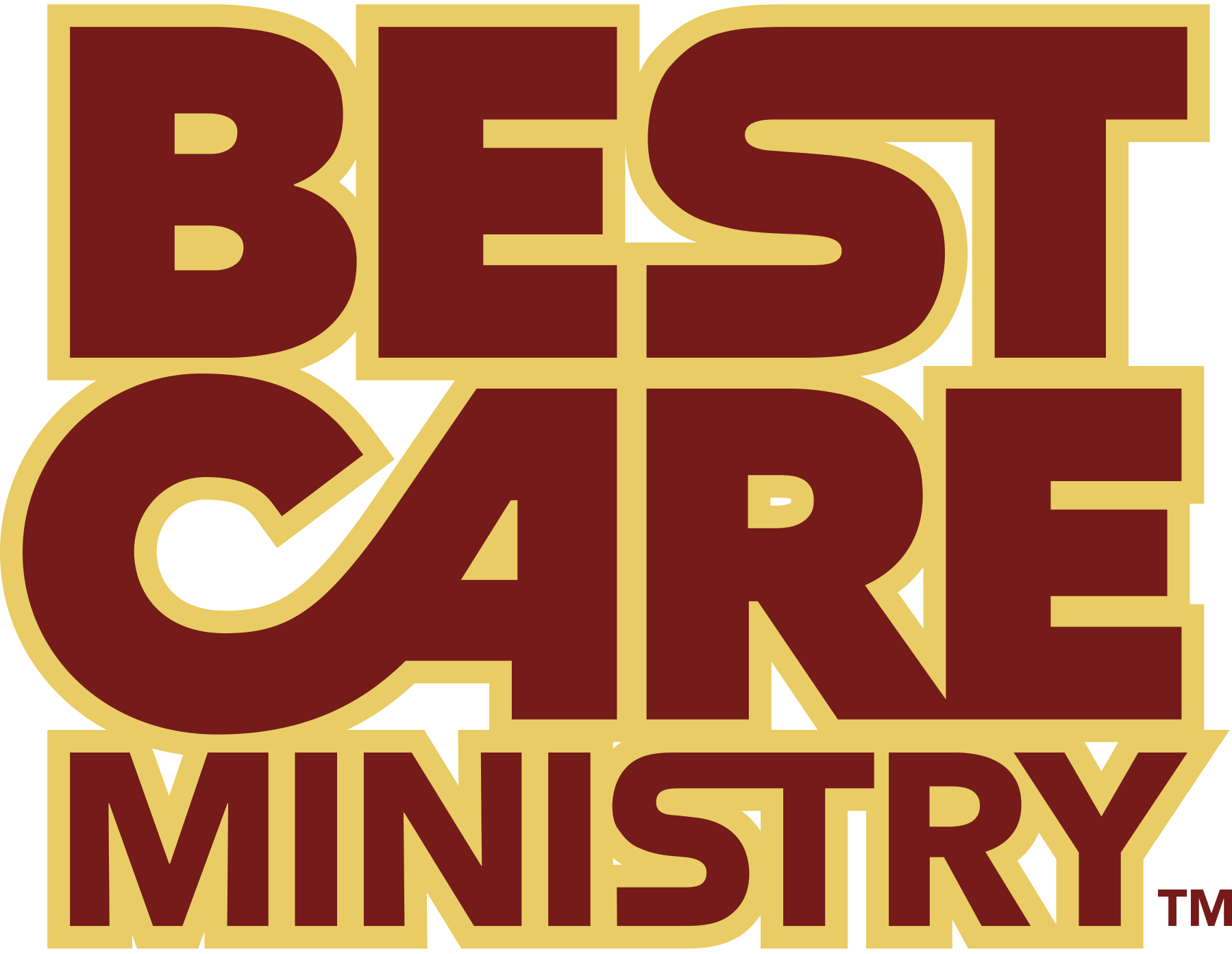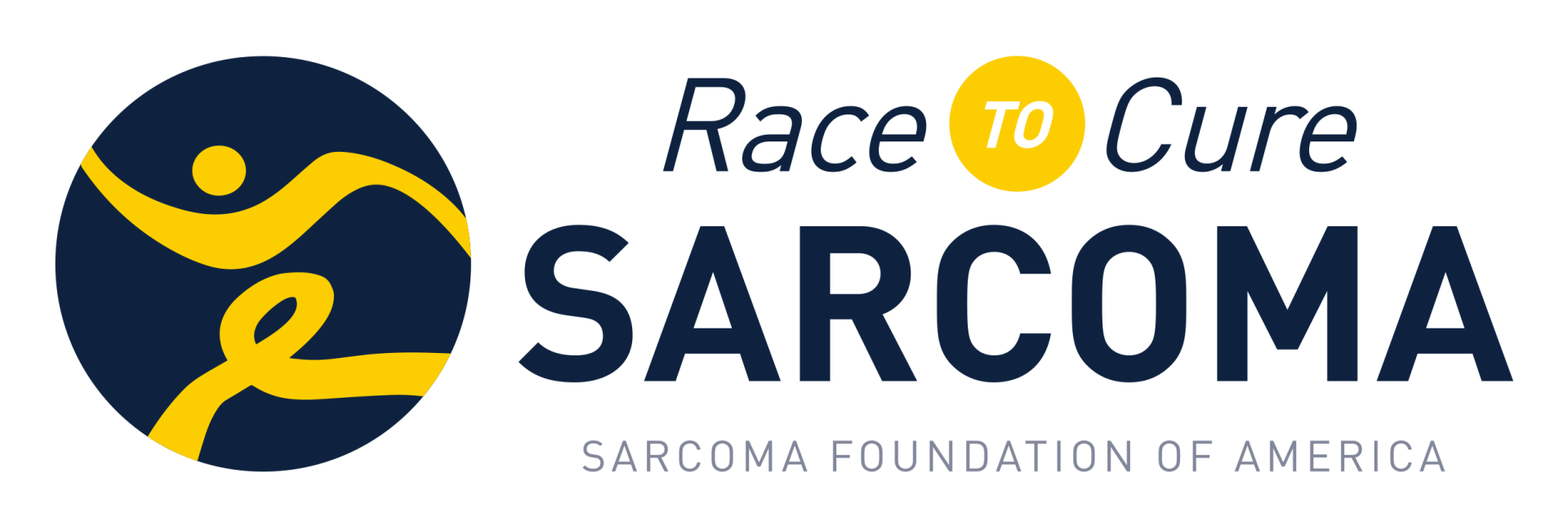Learn
Proven ideas and methods enabling you to master the art of care.
Articles On Aging

That is my granddaughter in the picture! Isn't she beautiful? My wife and I saw her for the first time while we were travelling last week. It was love at first sight, and we did not just love the idea of having a granddaughter. We loved the granddaughter we had--little Maddy! After visiting our daughter and her growing family we took the next leg of our 3000+ mile road trip to visit my wife's elderly father. He will soon be 90. That is when it dawned on me in a new way. We come into this life needing care and in the final chapter of life, we need care again. Both the young and the old have value for who they are, not what they do. Caring for them helps them feel the love they need and, even though it can be exhausting (3:00 am feedings for example), it helps us feel the purpose we desire. Caring for someone is love in action. Between the bookends of life there are countless and diverse opportunities to care for people. Often, it is the care given and received, that defines the quality of life, even more than the comfort, pain or pleasure that comes from an event we experience. In an unexpected and unplanned conversation, I sat with my wife, her siblings and her dad. The topic turned to the one missing--their Mom, his wife--and the trauma of her death thirty-four years earlier. Remaining a family member, not defaulting to my familiar role of a care pastor or chaplain, I did remember the key ingredients of care ministry. Being present with this precious family that has never been the same since the matriarch died of cancer at age 52, I asked them about her and how they grieved her death and their loss. Then I listened, and they listened to each other, as they shared their stories of grief and grieving. "Grief was hot as lava, cold as ice, thick as mortar and thin as vellum; it was everything and nothing. It choked me and brought my life to its knees." (From the novel, Surviving Savannah by Patti Callahan) My wife shared these words from the book she was reading to describe the crushing weight of grief on the survivors or her mother's untimely death. A couple of days after the family time, my wife and I visited her mother's grave and placed flowers on it. More than ever before I felt the wounds her family had experienced and continues to feel. She appreciated my expression of care. So did they. The days we visited were also accompanied by laughter, great food and too much dessert. We all felt that it was a special time together, valuable beyond measure. Maybe the best time we ever had. Certainly the most meaningful. We planned it as a road trip to be together and see loved ones. We were blessed with much more! When we express care for others, through action and words, love is experienced and life becomes more of what God intended it to be. When you care for people, set the example of care, train people and build a ministry that cares; what you are doing matters! Your life matters, Chaplain Dan Rev. Daniel R. Hettinger 303.905.0478

When abilities are diminishing and life is getting smaller, it is important to allow the dying to do what they want to and what they safely are able to do. "Premortem dying" is what the sick call it. Following his well known book, Where is God When it Hurts? , Philip Yancey wrote a booklet titled, "Helping the Hurting--What You Can Do for Those in Pain." (I could not find the booklet Online, but you can click the title of his book for more about the subject, that book and about Philip.) The content of his own book challenged him to enter into the life of his young friend, Jim, who had been diagnosed with a rare and terminal cancer. Yancy explains the importance of a "sense of place" as one thing we can give to a dying person. "People in Jim's group of suffering peers referred to a process they called 'premortem dying.' It occurs when well-intentioned relatives and friends look for ways to make the suffering person's last moths trouble-free. 'Oh, you mustn't do that! I know you've always taken out the garbage, but really, not in your condition. Let me do that.' And often, 'Don't burden yourself with balancing the checkbook. It would just create an unnecessary worry for you. I'll take care of it from now on.' Gradually, inexorably, everything that gives a person a sense of place or a rule of life is taken away. A mother encourages her single daughter to sell her house and move back home. She does so, and discovers that in the process she has also lost her individual identity. Feelings of worth and value, already precarious because of the illness, slip further away. Suffering people already question their place in the world. Often they cannot continue working, and the fatigue brought on by the illness or treatment, makes every action harder and more tedious. Yet they, like all of us, need to cling to a place, that life would not go on without a bump if they simply disappeared, that the checkbook would go unbalanced except for their expert attention. Wise friends and relatives sense the delicate balance between offering help and offering too much help. We live in a culture that has no natural 'place' for sick people. We put them out of sight, behind the walls of hospitals and nursing homes. We make them lie in beds, with nothing to occupy their time but the remote control devices that operate the television sets. We even give the the telling label 'invalid' (try pronouncing it a different way; in-val-id)..." ("Helping the Hurting," Yancey, pp. 11, 12) When we honor the sick with our time and presence, we help them be seen. When we learn their story we help establish their legacy so they know they will not be forgotten. We we allow them to do something, or even find something for them to do, we validate their worth. This awareness and skill is one of my favorite things about the Caregivers of Home Care Assistance . Their stories reveal that the dying, or the elderly with decreasing abilities, still want to live the life they have and find meaning in each day and activity. "Caregivers, Rene and Jesus, became more immersed in the art world as each day passed. They assisted Saul in setting up his easel, accessing colors and mixing pigments, choosing and cleaning brushes and so forth. Their work allowed Saul to finish a majority of his canvases. And for this, he was extremely grateful. Deanna and Jennifer took such good care of 72-year-old Nicholas, a Harvard Law Graduate who had a successful law practice for many years. His deteriorating health, due to a severe diabetic condition, greatly restricted his life. But, under their care, his health improved so he could take a trip back to his home town in Ohio and, with relatives, attend the annual Greek Festival that his former church sponsors in their town." (Stories in Home Care, Home Care Assistance, pp. 8, 11 Many other stories exist including teaching, card playing and writing). When you visit someone, it isn't just to see how they are doing. You are helping a person be reassured that their life matters, that they are seen, have a place in this world and their life has made a difference in this world that will extend beyond their earthly life. When you help them maintain their place, what you do matters! Your life matters, Chaplain Dan Rev. Daniel R. Hettinger 303.905.0478






